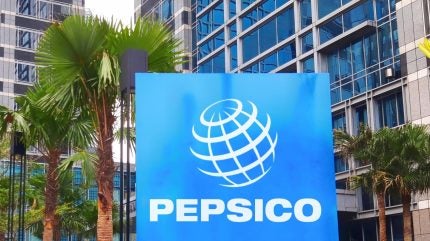
PepsiCo and its subsidiary Frito-Lay are facing a lawsuit initiated by two convenience stores in the US state of California for alleged price discrimination.
Alqosh Enterprises (doing business as Whiskey Well) and NMRM (doing business as Sunset Market & Liquor), allege that they have been unfairly subjected to higher prices compared to the deals offered to larger retailers such as Walmart and Albertsons, according to reports from Reuters.
The lawsuit, which seeks class-action status, was filed in the federal court in Los Angeles.
The convenience stores contend that PepsiCo’s pricing strategy breaks the Robinson-Patman Act, a federal statute designed to prevent price discrimination.
According to the complaint, the practice has not only impacted a significant number of convenience stores across California but also breaches state competition laws.
This legal action follows a similar lawsuit filed by the US Federal Trade Commission (FTC) against PepsiCo in New York.
The FTC accuses the beverage giant of granting Walmart preferential pricing, which is also allegedly in violation of the Robinson-Patman Act.
This act was enacted to prevent large buyers from obtaining such advantages, unless a lower price could be justified by factors such as reduced costs for the seller due to higher volume production, delivery or sale, or because the seller made a genuine effort to match a competitor’s similarly low price.
Mark Poe, representing the plaintiffs, stated that Frito-Lay’s pricing practices have led to inflated prices for countless consumers.
The plaintiffs are seeking an unspecified amount in monetary damages and a judicial order to halt the purported discriminatory pricing.
PepsiCo and Frito-Lay North America (collectively referred to as Frito-Lay) are the primary suppliers of snack chip brands such as Lay’s, Cheetos, Doritos and Funyuns.
In a related matter, attorneys for the convenience stores are also pursuing a 2018 lawsuit against Living Essentials, the maker of 5-Hour Energy drinks, alleging an illegal pricing scheme under the same federal law.



